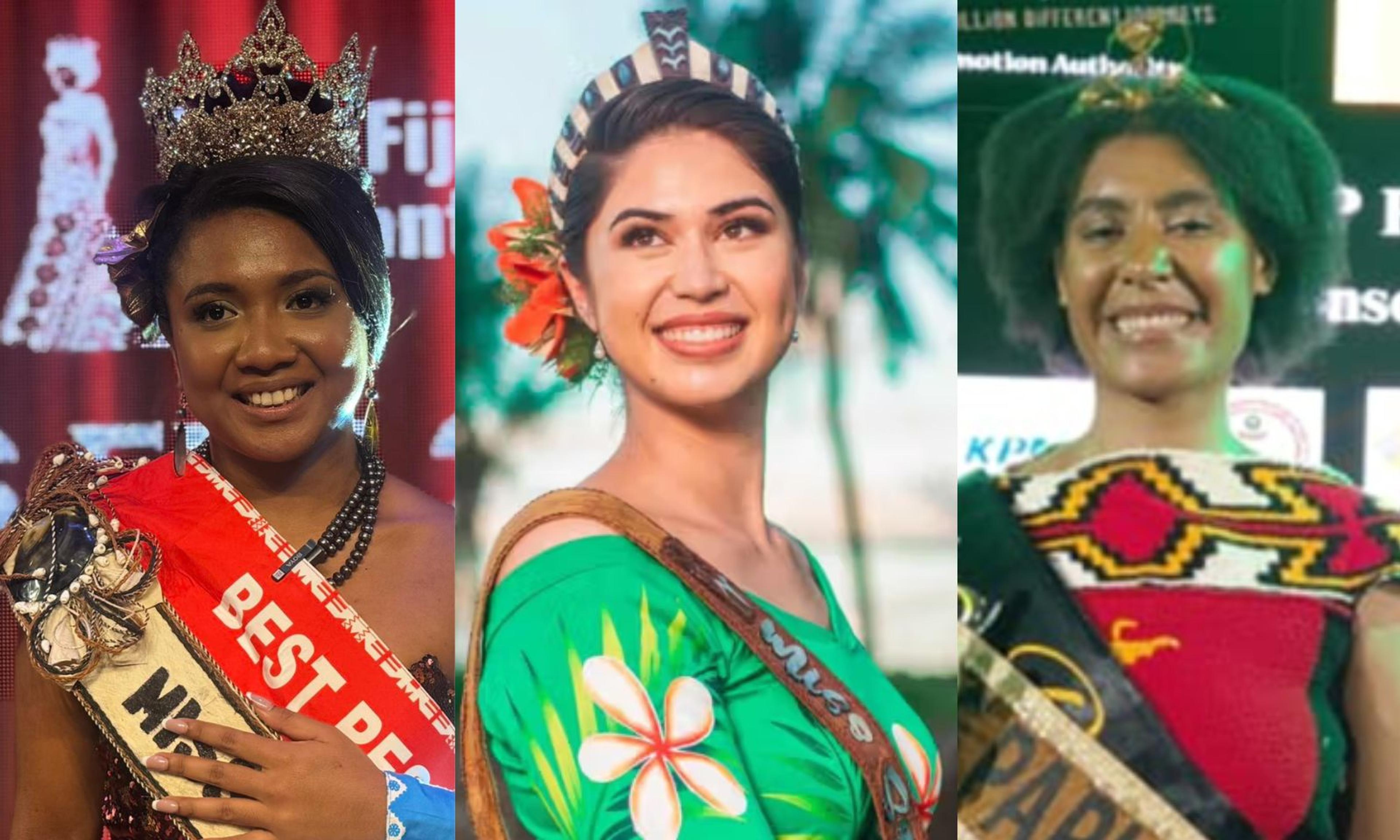

Victoria Ongolea wants to use her research to improve financial outcomes while honouring Tongan culture.
File
There’s no word for ‘budget’ in Tongan
Research looks at why wealth should not be measured by your bank balance, along with calls for financial education to acknowledge Tongan culture and churches to encourage good stewardship.

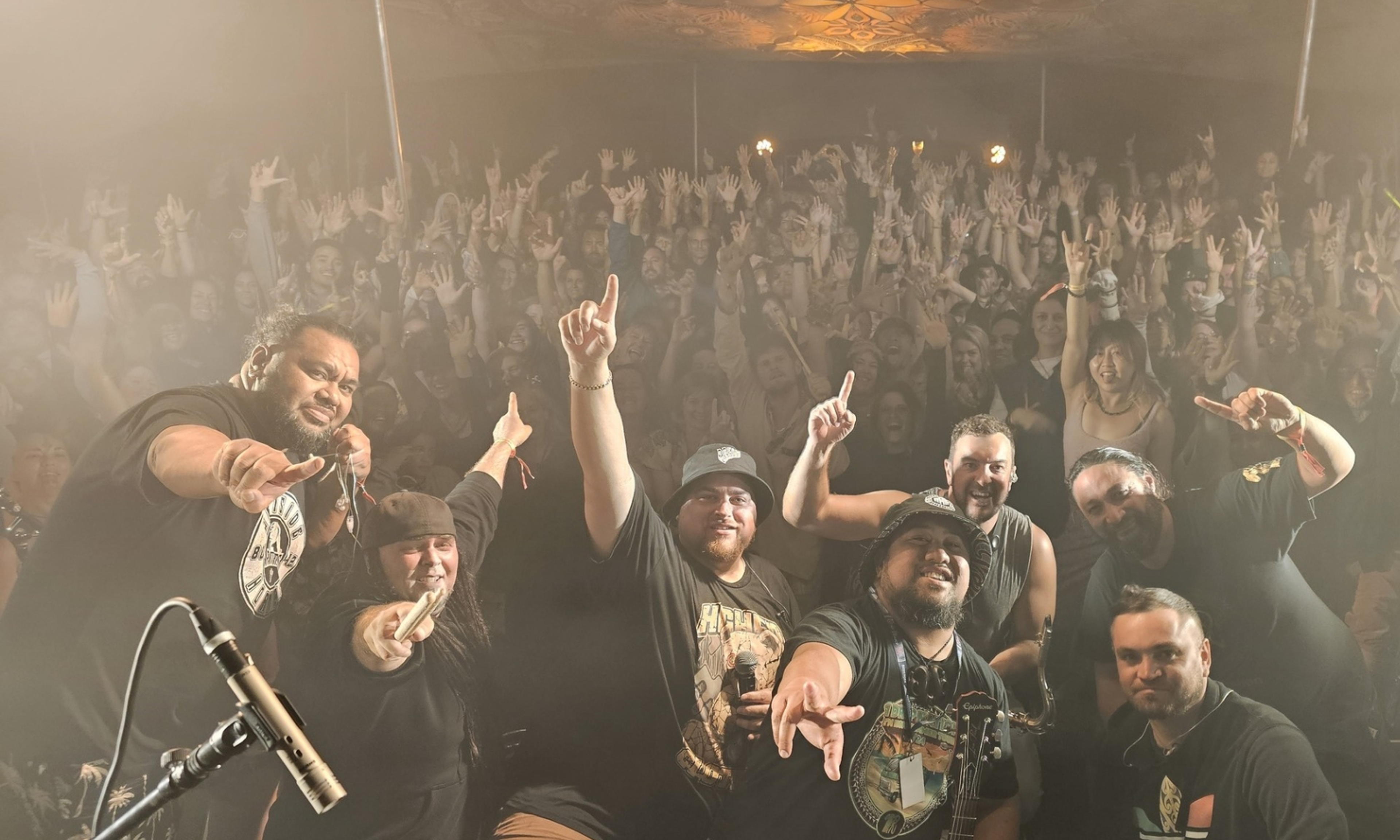
Ōtautahi's 1 Drop Nation celebrates brotherhood and legacy in new music

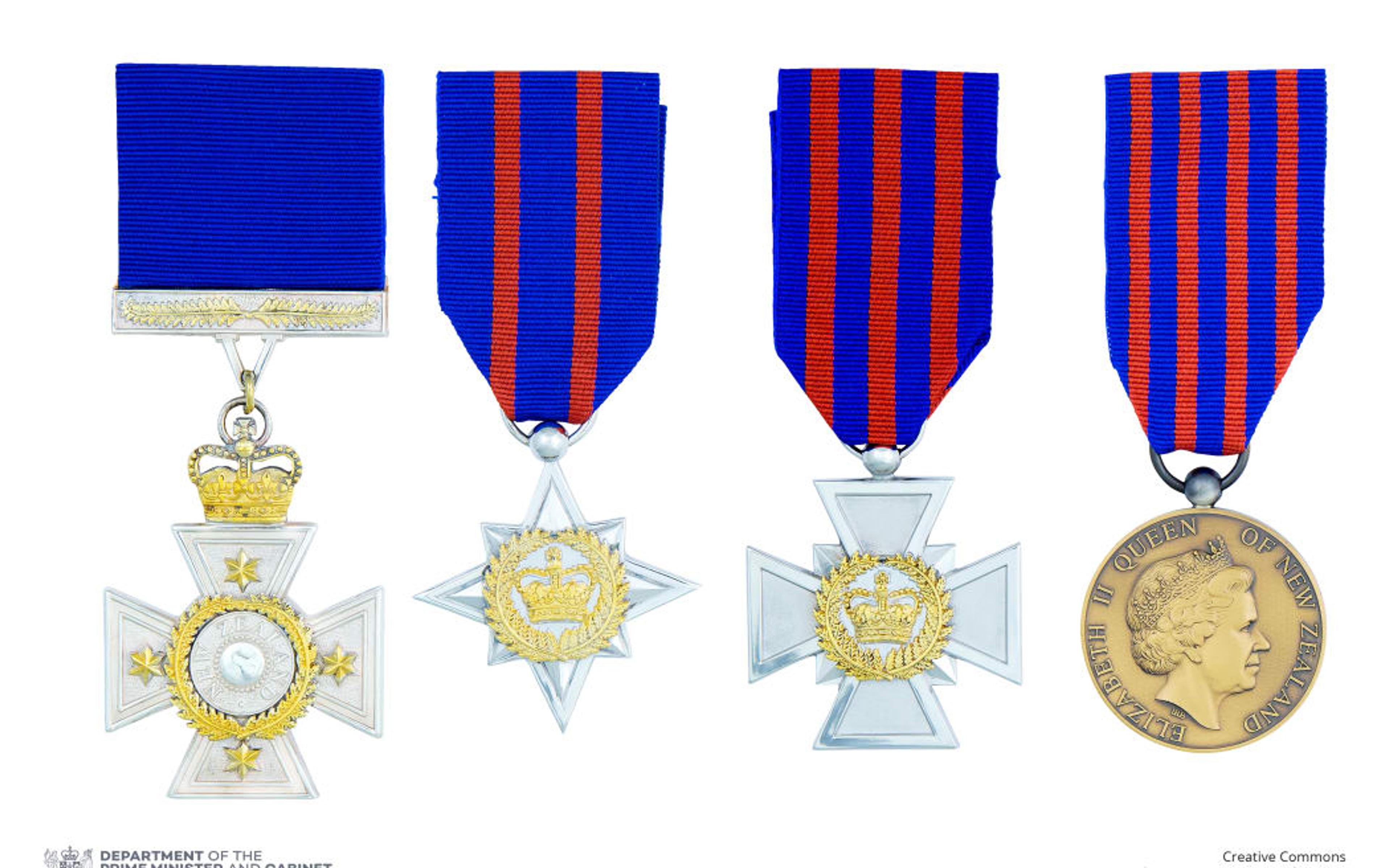

Lineup for Miss Pacific almost complete after Fiji, PNG crown queens

Ōtautahi's 1 Drop Nation celebrates brotherhood and legacy in new music


Wealth does not always mean money in the bank.
New research looks at how to balance the Tongan way of life, or anga faka-Tonga, with financial wellbeing.
University of Auckland PhD candidate Victoria Ongolea says saving and keeping money for yourself can go against traditional ways of living.
“We invest in our relationships, we invest in our families, we invest in each other, that’s the way we look at giving and reciprocity.
“There's a saying, ‘Ko e masiva oku ongo taha, a e hala hā kāinga’, which means that to have no kin or no family is to be in extreme poverty.
“So there's an interesting way of looking at wealth and money is that it's not that when you have no money that you're poor, but when you don't have anyone around you,when you don't have people around you, that's poverty.”
Ongolea’s research was inspired by her work as a Financial Mentor in her community for Tamaki Budgeting, where many of her clients were Tongan, and she wanted to help.
“There's lots of negative narratives around the Pasifika people where, for instance, they're high in unemployment and also low in home ownership, a lot of them are living in overcrowded homes and they're unhealthy and they're in debt.”
In the research, many participants believed money and wealth were from God and should be shared, not kept for personal gain. Others expressed emotional distress over cultural obligations, fatongia, or felt responsible for shouldering the burden of social and financial expectations, or fua kavenga.
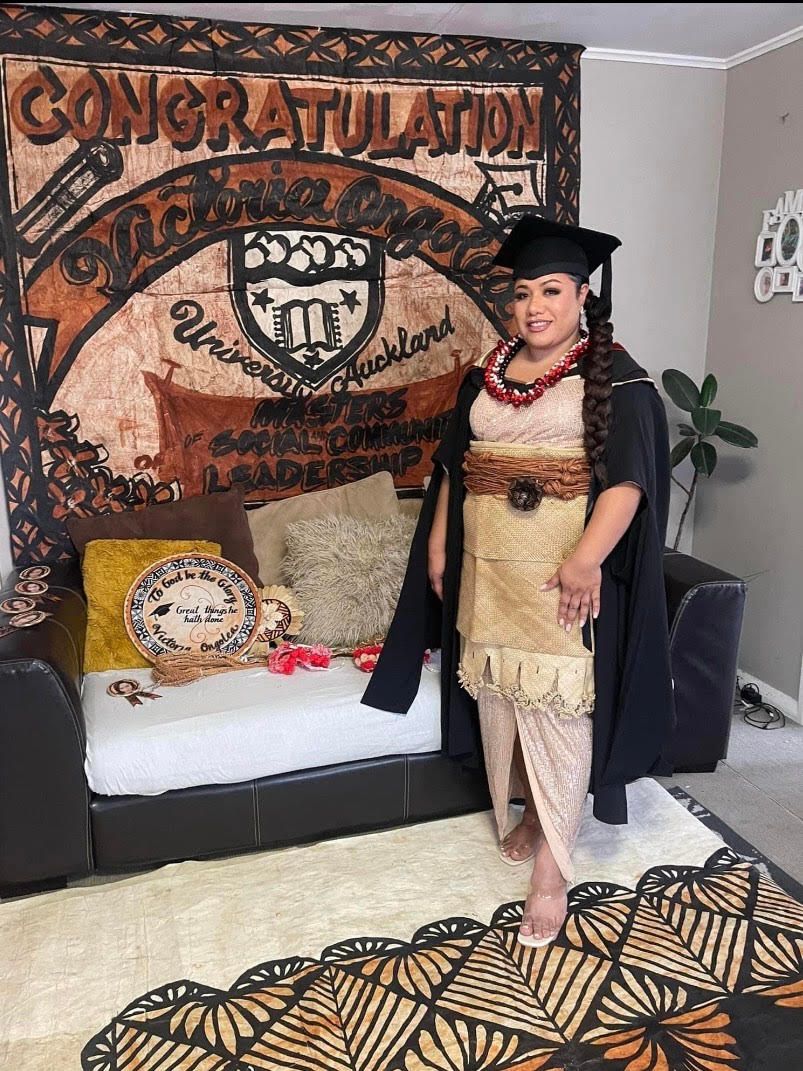
Victoria Ongolea at her Masters graducation. Photo/Supplied
Ongolea said these responsibilities did not traditionally fall to one person or household.
“Not all kavenga or fatongia is for you to fua. There are kavengas that you say yes to and there are kavengas that you say no to.
“For example, we don't need to throw a huge one-year-old birthday or 21st birthday if that's not within our budget.
“There are other ways of contributing. It can be your time, your talent, your energy, just being around to help with preparing food and all of that instead of contributing financially.”
University of Auckland Business School Professor Carla Houkamau said it was important to address how people approached money, wealth and savings in a practical way, along with what values were placed on them.
"We see different cultural perspectives towards wealth throughout the world – and in New Zealand too.
“This study shows that relational wealth is very important to some sectors of the community, something that current financial literacy training does not account for as fully as it could."
Quick cash
Ongolea said families who needed money quickly could be vulnerable to loan sharks and pawn shops, who were lining up in areas with households on lower incomes.
“When you look at, for example, Panmure, Glen Innes, Māngere, for example, there's lots of high interest lenders, loan sharks in the community … there's one pawn shop after another.
“Most of these loans are given out to people who cannot afford a loan, who can come and drive away with a $5000 or $10,000 car, but they're on the benefit,
“And that car, which was $10,000, they've paid off almost $20,000 after the interest and fees. But at the same time, they can't meet the minimum living expenses with putting food on the table or paying their rent.”
Generosity with limits
In New Zealand, 78 per cent of the Tongan population identified as Christian. Ongolea encouraged churches to teach good stewardship and to stop the practice of announcing how much families donated.
Ongolea said people could tithe and be generous while staying within their budget, and warned against giving based on maintaining a reputation.
“To give biblically is givingwith your right and your left hand not knowing about it. It's between you and your God.
“Is it bad if we only give enough? But sometimes we don't do that because we're after status or we are too prideful.”
Learning in lea faka-Tonga
Ongolea said current financial literacy programmes should consider values more important to some people than money. She said budgeting courses would have more impact for Tongan communities if they used familiar words, and acknowledged their culture.
“An example would be “budget”, said Ongolea. “There's no Tongan word for budget, except for the trans-literation, patiseti.
“That's like a word that we hear every once in a while from the government where they have their financial annual report every year with the annual budget from the government.”
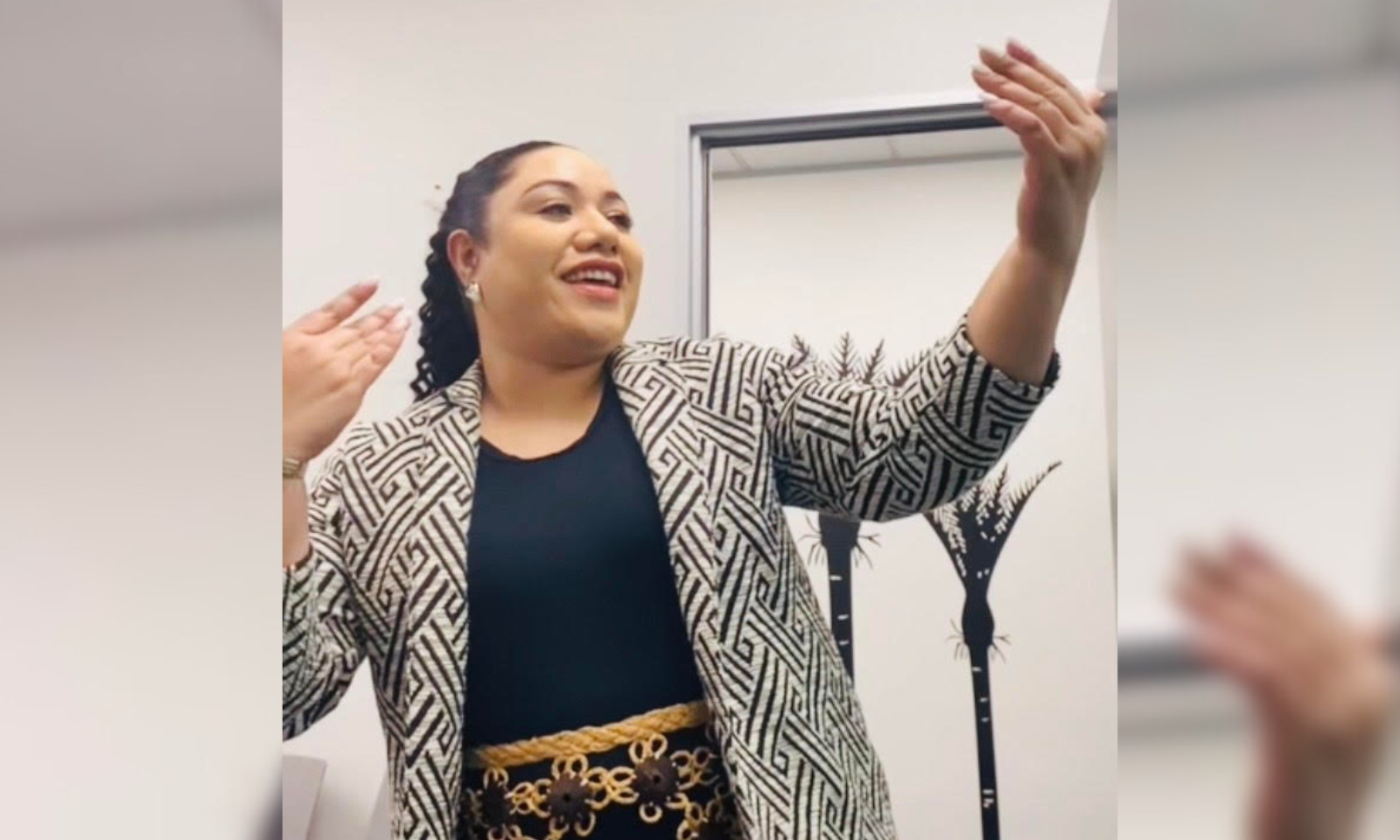
Victoria Ongolea's research looks at ways to balance Tongan cultural expectations, with financial wellbeing. Photo/Supplied
Ongolea wants to run workshops using concepts that have more cultural depth, such as fakapotopoto, being wise and prudent.
“When we look at mo'ui topono, it's a powerful reminder that true happiness and contentment comes from within, that material possessions are not the key to a fulfilling life.
“And this is to avoid the trap of envy and reaching to a place where you get to a place where it can also lead to being in debt, even when you're not living within your means."
Ongolea said mo'ui tokateu is also useful, with more relevance than terms like “saving”, “investment” or “insurance”.
“So being tokateu means you are preparing in advance because you know that there will be a birthday, there will be a funeral, there will be a wedding that's coming up.
“Our ancestors are well prepared people. Males know their roles, they have plantations they have livestocks and that's their contribution to their fatongia, while women are preparing throughout the year, through koka‘anga through lalanga where they make ngatu (tapa cloths)and the fine mats that they're giving or contributing towards those kavenga.”
Glossary:
Anga faka-Tonga - the Tongan way of life
Fatongia - obligation
Fua fatongia - carrying out one’s rightful duties
Kavenga - burden, social obligations
Fua kavenga - responsibility for shouldering social and financial burdens
Fakapotopoto - being wise, knowledgeable, skilful and prudent